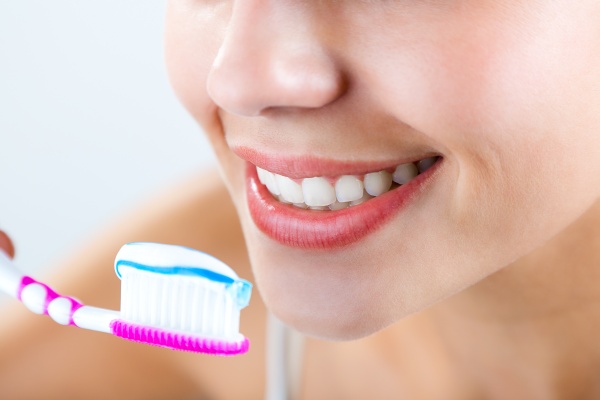Buffalo Grove Dental Cleanings: How Often Should You Get a Professional Teeth Cleaning
Cleaning your teeth regularly minimizes your risk of developing dental cavities and gum disease. Also, it is important to improve your oral health. Generally, dentists recommend bi-annual Buffalo Grove dental cleanings to keep patients’ mouths clean. But how often you should visit your dentist may depend on some factors such as your dental history and lifestyle.
Importance of Teeth Cleaning
A mixture of food particles and your saliva can cause the formation of bacteria on your teeth. Brushing your teeth every day eliminates the majority of dental plaque; however, some food particles can still be stuck between your teeth.
Eventually, the unremoved plaque will harden and become tartar, which you cannot remove by merely brushing your teeth. Tartar is the brown or yellow formation underneath your gum line. It can cause your gums to bleed and look swollen. When not checked by your dentist promptly, the onset of gingivitis can progress to gum disease.
Professional dental cleanings can get rid of tartar on your teeth and include fluoride treatment to strengthen your teeth. Also, it eliminates food particles that may be trapped between your teeth to prevent gum disease.
How Often Should You Get a Professional Dental Cleaning
Dentists recommend dental cleanings every 6 months. But you have to see them more frequently, depending on some risk factors. Your dentist will determine your teeth cleaning requirement. If you have good dental hygiene and overall health, a once-a-year cleaning may suffice. Other patients require three-month intervals. Your dentist can help you schedule dental cleanings according to an appropriate timetable.
When More Frequent Cleanings are Necessary
Patients with high-risk factors require more frequent dental cleanings than others. These include the following:
- Those who smoke. With smoking, removing plaque and tartar from teeth become harder, increasing a person’s risk for tooth loss and gum disease. Dentists will develop a strict oral health care regimen for smokers, including consistent toothbrushing and flossing, as well as frequent cleanings.
- Those who consume too many sugar-rich foods. Eating too many sugar-rich foods can cause mouth bacteria to multiply quickly. Although daily brushing and flossing can get rid of some sugar you consume, the leftover deposits will encourage the formation of plaque and tartar.
- Those with gum disease. Patients with gingivitis may need to see their dentist more often for dental cleanings. Eliminating plaque and tartar can stop gum disease progression and prevent gum recession. Frequent dental cleanings can remove bacteria colonies to fight gum disease and keep your gums healthy.


